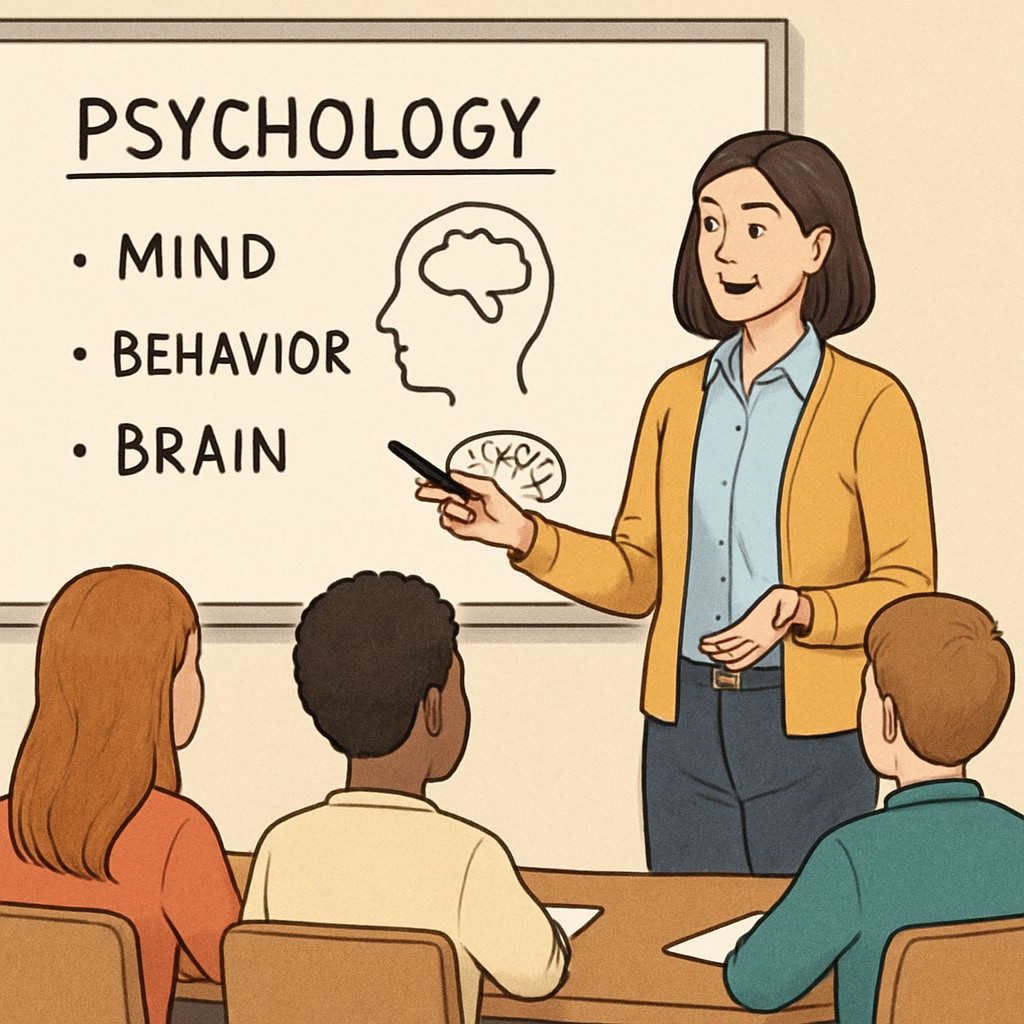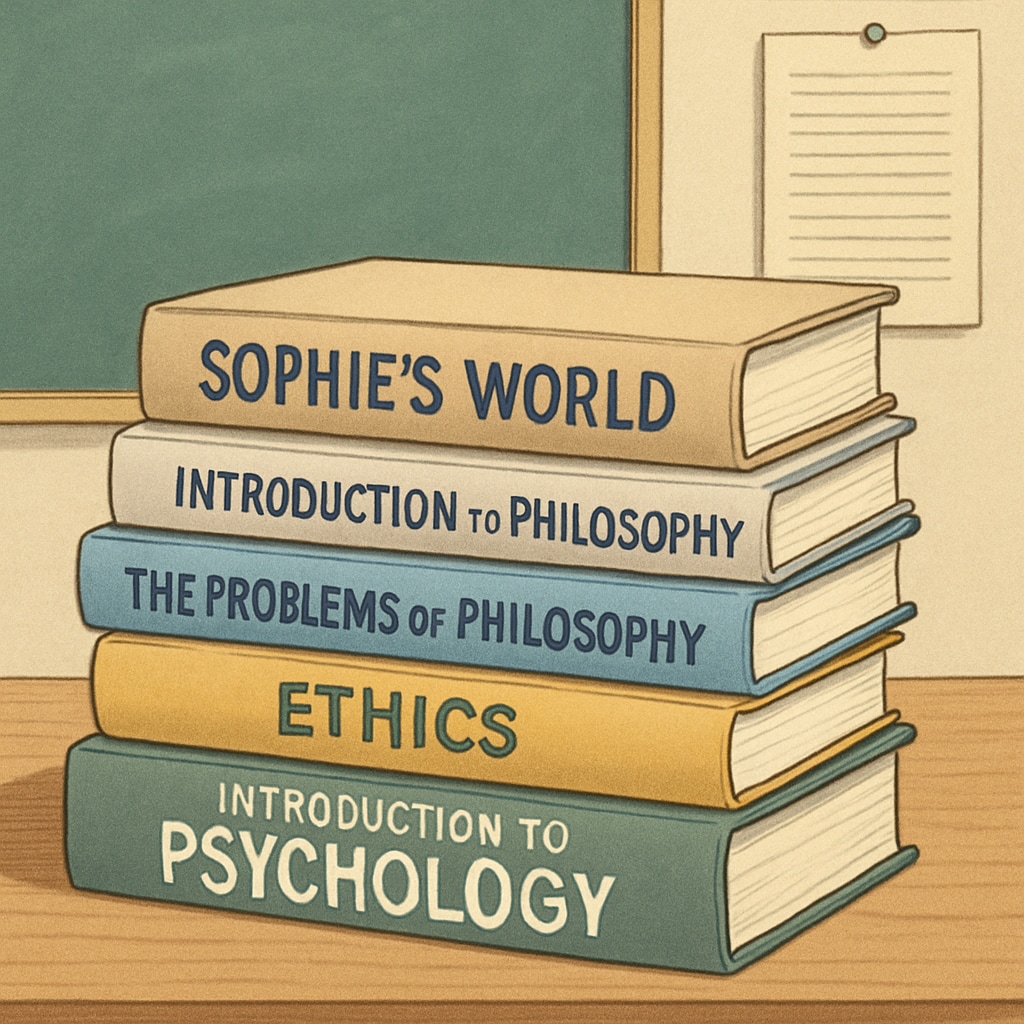Integrating psychology, philosophy, and amateur learning into K12 education can empower students to develop comprehensive cognitive tools to understand themselves and the world. These disciplines, often considered advanced, can be simplified and adapted for young learners through age-appropriate resources and creative teaching methods. By making philosophical and psychological concepts accessible, educators can equip students with critical thinking skills, emotional intelligence, and a broader perspective on personal and societal issues.
The Benefits of Introducing Psychology and Philosophy in K12
Psychology and philosophy provide essential frameworks for understanding human behavior, thought processes, and moral reasoning. Incorporating these subjects into K12 education offers several advantages:
- Critical Thinking: Philosophy encourages logical reasoning and the ability to analyze complex questions, promoting intellectual curiosity.
- Emotional Intelligence: Psychology helps students understand emotions, fostering empathy and improved interpersonal skills.
- Self-Reflection: Both disciplines encourage students to explore their identities and values, aiding in personal development.
- Problem Solving: Philosophy’s emphasis on ethics and psychology’s behavioral insights prepare students for real-world challenges.
For example, introducing philosophical dilemmas like the “Trolley Problem” can spark discussions on ethics, while psychological topics such as growth mindset can inspire resilience. These lessons can be tailored to match the maturity level of K12 students.

Effective Resources for Amateur Learning in Psychology and Philosophy
Finding the right resources is crucial for making psychology and philosophy approachable for young learners. Here are some recommendations:
- Books: Titles like “Sophie’s World” by Jostein Gaarder offer a beginner-friendly introduction to philosophy, while “The Growth Mindset Coach” by Annie Brock introduces psychological concepts in an educational context.
- Online Platforms: Websites such as Britannica on Philosophy and Simply Psychology provide accessible articles and guides tailored for novice learners.
- Apps and Interactive Tools: Applications like Headspace and Elevate offer psychological insights through mindfulness and cognitive exercises.
- Videos and Podcasts: Channels like TED-Ed feature short, engaging videos on philosophical and psychological topics.
These resources ensure that students can explore these subjects at their own pace, making amateur learning both enjoyable and impactful.

Creative Strategies for Teaching Psychology and Philosophy
To seamlessly integrate psychology and philosophy into K12 education, educators can use innovative teaching strategies:
- Storytelling: Use narratives to present philosophical ideas or psychological theories in relatable contexts.
- Role-Playing: Encourage students to act out ethical dilemmas or psychological scenarios to deepen understanding.
- Project-Based Learning: Assign projects where students investigate philosophical questions or psychological concepts.
- Discussion Groups: Facilitate open-ended conversations about philosophical questions or psychological phenomena.
For example, students could debate topics like “What makes actions morally right or wrong?” or conduct experiments on memory and perception. These activities make abstract concepts tangible and engaging.
Moreover, aligning these activities with existing curriculum goals ensures that psychology and philosophy complement traditional subjects rather than compete with them.
Conclusion: Building Stronger Minds Through Psychology and Philosophy
Incorporating psychology, philosophy, and amateur learning into K12 education is not just an academic endeavor—it’s an investment in developing well-rounded individuals. By simplifying complex ideas, offering accessible resources, and fostering curiosity, educators can inspire students to think critically, empathize, and reflect on their place in the world. As a result, these students will grow into thoughtful, informed citizens equipped to tackle the challenges of the modern era.
Integrating these disciplines into education is an ongoing process, but the potential benefits make it a worthwhile pursuit. For teachers, parents, and students alike, psychology and philosophy represent new horizons of learning and self-discovery.


